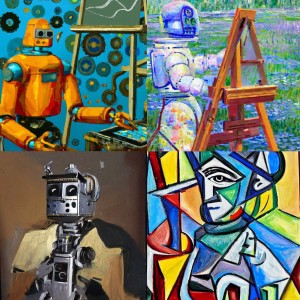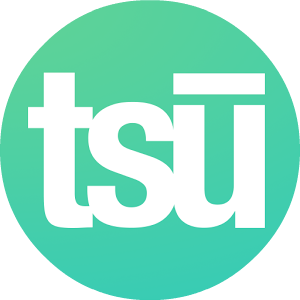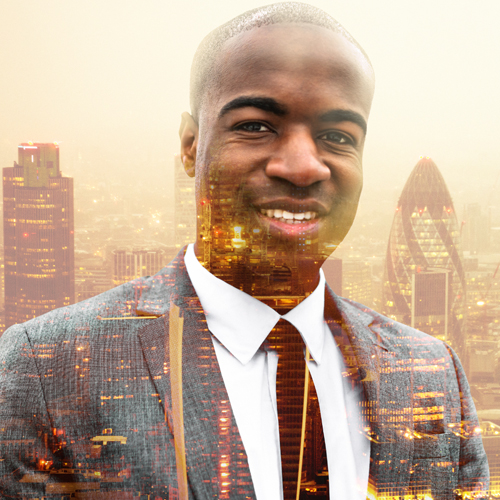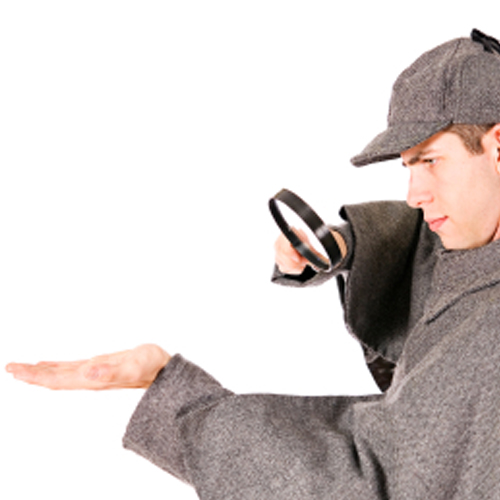
Artificial intelligence (AI) has made its mark in various industries, including the world of art. With AI-generated art gaining popularity and recognition, questions arise regarding copyright issues and the creative process. This article delves into the realm of AI-generated art, exploring the complexities surrounding copyright and examining whether AI should be seen as a tool for inspiration or a potential infringement of artistic rights.
The Rise of AI in Artistic Creation
AI has emerged as a powerful tool for artists, enabling them to explore new dimensions of creativity. With algorithms capable of generating unique and visually stunning artworks, AI offers an alternative approach to traditional artistic methods. AI-generated art opens doors to endless possibilities, pushing the boundaries of human imagination and challenging conventional notions of authorship.
Copyright Protection and AI-Generated Art
The question of copyright protection becomes particularly relevant in the context of AI-generated art. Copyright laws generally grant protection to original works created by human authors. However, the involvement of AI raises complexities in determining authorship and ownership. Can AI itself be considered an author, or should the human artist be recognized as the sole creator?
Advocates for AI-generated art argue that copyright should be granted to both the AI and the human artist, recognizing the collaborative nature of the creation process. They argue that AI is a tool used by the artist, much like brushes and paints, and therefore, should not solely hold authorship rights. This perspective encourages a more inclusive approach, acknowledging the role of AI as a creative partner rather than a replacement for human creativity.
The Intellectual Property Debate
On the other hand, critics raise concerns about the potential infringement of intellectual property rights when AI generates art. They argue that without clear guidelines and regulations, AI-generated artworks may lead to unauthorized reproductions or plagiarized derivative works. Establishing frameworks that safeguard the rights of artists and ensure fair attribution becomes crucial in this evolving landscape.
Ethical Considerations
Beyond legal implications, ethical considerations also come into play. Transparency in the creation process and disclosure of the involvement of AI algorithms become essential in maintaining integrity within the art world. Artists, collectors, and viewers should have access to information regarding the use of AI technologies, allowing them to make informed decisions and appreciate the art within its full context.
AI Image Generators and the Issue of Attribution
Another significant aspect of AI-generated art involves the use of other artists’ works as a source of style for the generated images. AI image generators often rely on extensive datasets that include various artistic styles and references. While this approach allows for the creation of visually stunning pieces, it raises concerns regarding the lack of proper attribution to the original artists.
One of the challenges with AI-generated art is that AI companies often don’t credit or acknowledge the artists whose works were used to train the algorithms. This lack of recognition poses a problem, as it diminishes the contributions and efforts of artists whose styles serve as inspiration for AI-generated pieces. The issue becomes more complex when AI-generated artworks gain recognition or commercial success, as the original artists may not receive the deserved credit or compensation for their influence.
Addressing this problem requires a collaborative effort between AI companies and the artistic community. It is essential for AI developers to implement mechanisms that recognize and attribute the artistic sources used in training their algorithms. By acknowledging and crediting the original artists, AI-generated art can promote a culture of respect, fairness, and collaboration within the artistic realm.
Moreover, artists themselves can play a role in advocating for their rights and encouraging transparent practices in AI-generated art. By raising awareness about the issue and emphasizing the importance of proper attribution, artists can contribute to a more ethical and inclusive environment for the creation and appreciation of AI-generated artworks.
AI as a Source of Inspiration
While copyright issues and intellectual property debates continue, it is important to recognize the potential of AI-generated art as a source of inspiration. AI algorithms can produce unique and thought-provoking works, serving as a catalyst for human creativity. Artists can explore AI-generated art to find new perspectives, challenge their own boundaries, and create innovative pieces that captivate audiences.
Conclusion
The rise of AI-generated art has sparked a range of challenges surrounding copyright, attribution, and ethical considerations. The involvement of AI in the creative process has pushed the boundaries of artistic expression but also raised questions about the rightful attribution of authorship and recognition for artists. Furthermore, the use of other artist’s works as a source of style in AI image generators without proper credit poses a significant issue. To ensure a fair and respectful environment for AI-generated art, clear guidelines, ethical practices, and collaboration between AI developers and the artistic community are crucial. By addressing these challenges, we can harness the full potential of AI while promoting the rights and recognition of artists in this evolving artistic landscape.
- Meta Business Tool: An Unfinished Job - July 7, 2023
- Apple Vision Pro – VR Revolution or More of the Same? - June 20, 2023
- AI-Generated Art: Copyright Issues or Inspiration? - June 8, 2023
- Can I Use ChatGPT As My Social Media Manager? - June 6, 2023
You may also be interested in:
- Google in Discussions to Purchase User-Generated Review Site Yelp Google are in discussions to purchase the users-generated review site Yelp for a rumoured $500m in a bid to further...
- Google Issues Security Email For Website Optimiser Update to on-site code required... ...
- Facebook Login Issues? Don’t Blame Google Next time you search for a site you have been using for years then you may want to bear this...
- Photographers Go Snap Happy for Google Lawsuit In light of the recent lawsuit facing Google over the publishing of authors content online a new issue has sprung...
- Can I Use ChatGPT As My Social Media Manager? In today’s digital age, social media plays a vital role in successful marketing strategies. It enables businesses to connect with...





